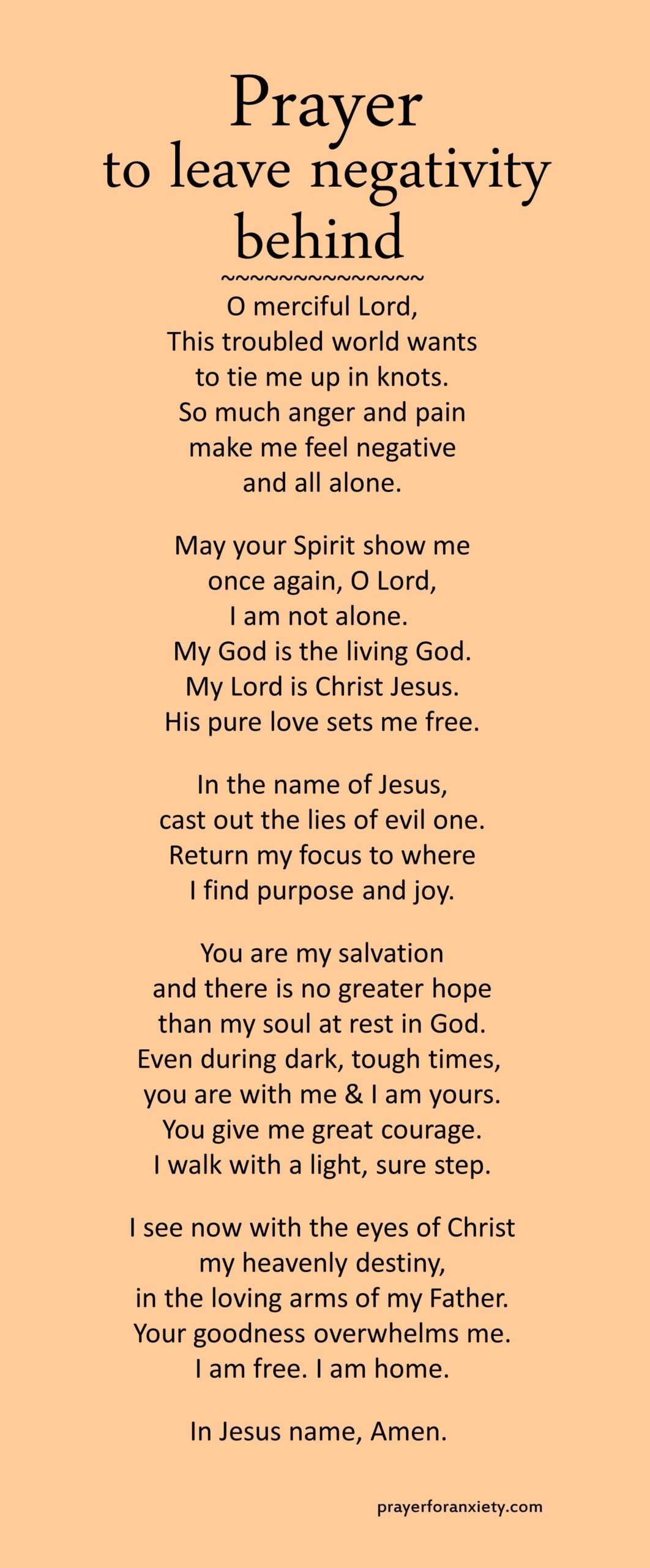As we enter a new day, we can take a moment to ask for guidance and strength from God. This prayer can be offered at any time of the day or night, and it is especially important to remember to pray for new days when things seem challenging or chaotic.
What is prayer?
Prayer is a form of communication with Deity. Prayer can be vocal, or silent. It can be formal or informal, personal or communal, and it can be directed toward any god or goddess. Prayer can also involve petition, thanksgiving, confession, and praise.
Types of prayer
Prayer can be classified in many ways, but one of the most common is by its focus: devotional, petitionary, intercessory, and thank-giving.
Devotional prayer focuses on God and His kingdom. Petitionary prayer requests God’s help for specific problems or needs. Intercessory prayer seeks to bring about change in the world or for someone else’s benefit. Thank-giving prayer acknowledges God’s blessings in our lives and desires to give Him glory.
All types of prayer are important, but some are more effective than others. Devotional prayer is the most important because it connects us emotionally with God. Petitionary and intercessory prayers can be powerful tools when used effectively, but they must be followed up with action. Thank-giving prayer is an important part of any spiritual journey, but it’s also important to remember that gratitude doesn’t replace action.
Whatever type of prayer you practice, be sure to stay focused on God and His will for your life. Prayer isn’t a magic formula that will solve all your problems – it’s simply a way to connect with the source of all power and guidance.
What to pray for
When it comes to prayer, there are definitely a lot of things you can pray for. Here are a few suggestions:
-That your day goes smoothly and that you have every blessing from God
-That you feel peace, joy, and love in your heart
-That you are able to be yourself and be honest with others
-That you are able to handle difficult situations with grace
-That you grow in your faith and learn more about who God is
-That people around you will change for the better
How to pray
When praying, it is important to be specific about what you would like to have happen. For example, if you are praying for someone, say their name, and ask for them to be healed. If you are asking for God’s help in resolving a problem, state the issue and ask for guidance.
There are many ways to pray effectively. Try these tips:
1. Get quiet before you pray. This allows your mind and heart to be open to the Divine presence.
2. Make your prayer personal. Pray about your own concerns and ask for help from God.
3. Ask God to guide and protect those around you. Pray for peace in relationships and safety on Earth.
4. Express gratitude for the good things in your life, as well as for the blessings that you don’t take for granted. Thanking God will help put your worries at ease and remind you of His goodness throughout the day.
5. Invoke Divine Mercy when you feel overwhelmed or inadequate in your prayers. Ask for help in facing fear, sadness or any other difficult emotions.
Prayer for the New Day
When we wake up on the New Day, we can look forward to a new day of hope and progress. But before we get started, we need to spend some time praying for the success of our new day. Here are 5 prayer requests for the New Day:
1. That all people will come together in peace and harmony.
2. That we will all be able to work together harmoniously towards a common goal.
3. That all people will be able to find their place in society and be accepted for who they are.
4. That everyone will have access to education and resources necessary to live a happy and fulfilling life.
5. That the world will be healed of its divisions and wars, and that peace will reign across the globe.
What is prayer?
Prayer is a word that has been used throughout history to describe different things. Webster’s Dictionary defines prayer as a request or petition made with the hope of being answered.
There are many different forms of prayer, but all of them can be used to connect with God. Prayer can be spoken out loud or silently, and it can involve either asking for help or thanking God for what He has done in the past.
Prayer can also be used to reflect on your own life and ask for guidance in the future. By praying, you are able to connect with God on a personal level and receive His guidance and strength in difficult times.
Whatever form of prayer you choose, remember to always offer your thanks to God for all the blessings He has given you throughout your life. Prayer is a powerful tool that can help you connect with God on a deeper level and find peace and comfort in His presence.
How to pray
When you pray, you are open and available to receive guidance from the divine.
To begin your prayer, sit with your spine straight and relax your body. Close your eyes and take a few deep breaths to center yourself. Next, imagine that the divine is surrounding you in a warm, positive light. Thank them for giving you the opportunity to connect with them today.
Now, speak your heart’s desires into the divine silence. Allow yourself to feel the joy of fulfilling these goals, and allow any unanswered questions or fears to come up for discussion. Listen carefully for any clues or insights that may arise. When you’re finished, thank the divine again for their help and kindness during this time.
A word of caution: never pray for things you don’t want or can’t handle yourself. The universe doesn’t work that way! If something feels wrong or like it’s not going to work out, it probably isn’t meant to be prayed for. Listen instead to what your intuition is telling you and go with your gut feeling.
What are the different types of prayer?
There are many different types of prayer, each with its own benefits. Here’s a look at some of the most common types:
1. Affirmative prayer is a type of prayer that seeks to change or improve something already exists in the world. It can be used to ask for blessings on yourself or others, or to petition God for help.
2. Centering prayer involves focusing your attention on your breath and counting each inhalation and exhalation. The goal is to become more aware of your surroundings and connect with your innermost being.
3. Contemplative prayer involves spending time in silence, allowing your thoughts and feelings to drift without judgement. This can help you connect with deeper parts of yourself and learn more about your faith.
4. Instrumental prayer is focused on requesting help from God in specific areas of life. This can include things like relationship problems,financial difficulties, or health concerns.
5. Intercessory prayer is praying on behalf of others, often in times of need. This can involve asking for guidance or protection from illness or danger, or requesting aid for someone else who is facing a difficult situation.
When should you pray?
When should you pray? This is a question that we are asked often. There is no one answer to this question since everyone has different beliefs and practices. However, here are some general guidelines to help you pray:
-Whenever you have time: find moments throughout the day when you can pause, pray and reflect on your life.
-Before important events: offer up prayers of supplication or thanksgiving before any important meetings, talks or engagements.
-When you feel overwhelmed: take some time to pray and ask for strength and guidance.
-When you need comfort: find a quiet place where you can focus on God and privately express your feelings.
-Whenever you want to connect with God: prayer is a powerful means of connecting with Him.
God, please grant me a new day filled with hope and joy. Help me to embrace all that is happening in my life today, and help me to see the opportunities that are available to me. Thank you for your blessings, and may tomorrow be just as wonderful as today. Amen.






